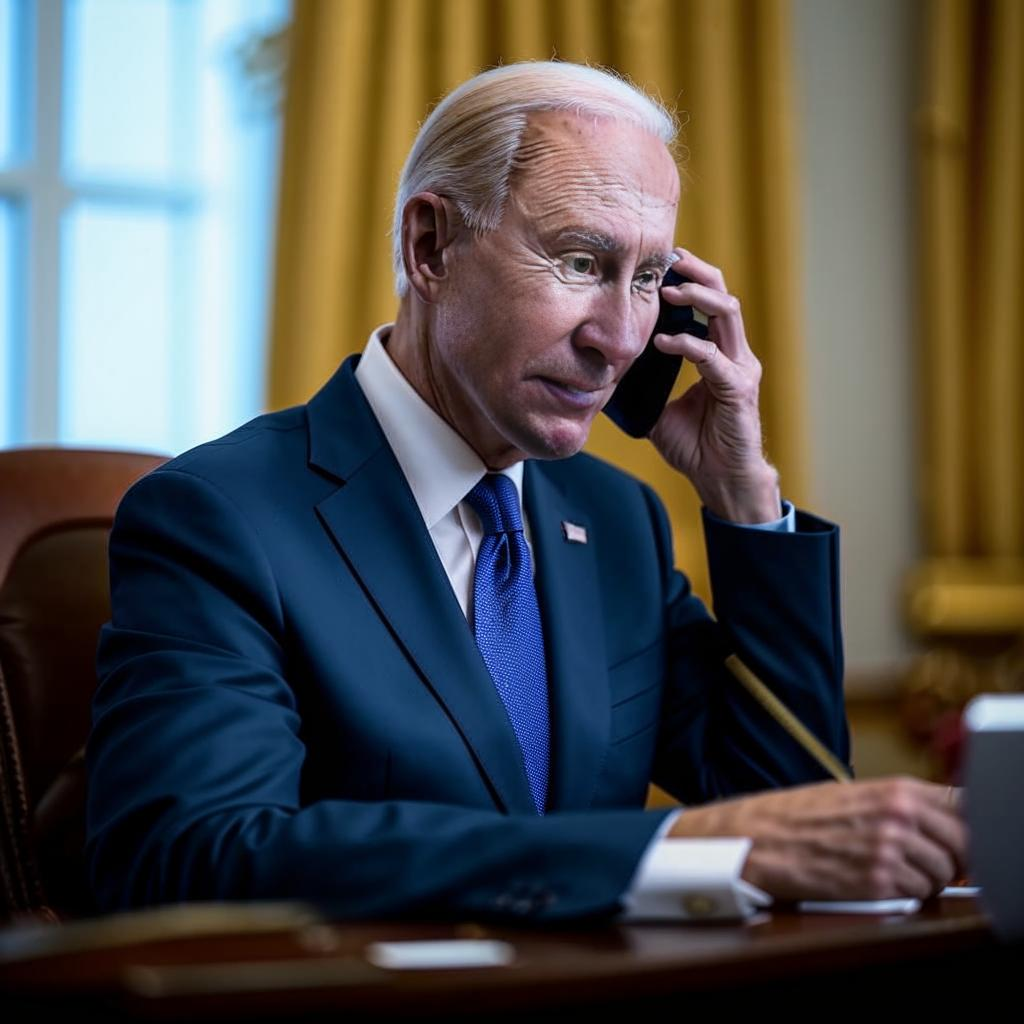Meta, the parent company of Facebook and Instagram, has officially ceased its fact-checking program in the United States, effective today. This decision follows Meta’s earlier announcement to discontinue partnerships with US-based fact-checking organizations. The company cites a shift in strategy, focusing on other methods to combat misinformation, such as AI-driven detection and user reporting mechanisms.
The implications of this move are significant. Fact-checking partnerships served as a vital component in identifying and labeling false or misleading information circulating on the platforms, particularly during elections and public health crises. Without these partnerships, the burden of identifying and mitigating misinformation falls more heavily on Meta’s internal systems and individual users.
Critics argue that this decision could lead to an increase in the spread of false narratives and conspiracy theories, potentially impacting public discourse and real-world events. Concerns are particularly acute regarding political misinformation ahead of upcoming elections. Proponents of the move claim that it will lead to a more unbiased approach to content moderation. Meta asserts that its AI tools can effectively identify and flag misinformation at scale, without relying on external organizations.
Users can expect to see fewer warning labels on potentially false content. Furthermore, this decision may impact the visibility of news sources, as fact-checking ratings previously influenced algorithmic ranking and distribution. It remains to be seen whether Meta’s alternative methods will be sufficient to address the complex challenge of online misinformation. The effect of reduced fact-checking on public perception, social stability, and corporate responsibility remains a key point of discussion. Meta’s approach will be closely watched by policymakers, academics, and the public alike.















